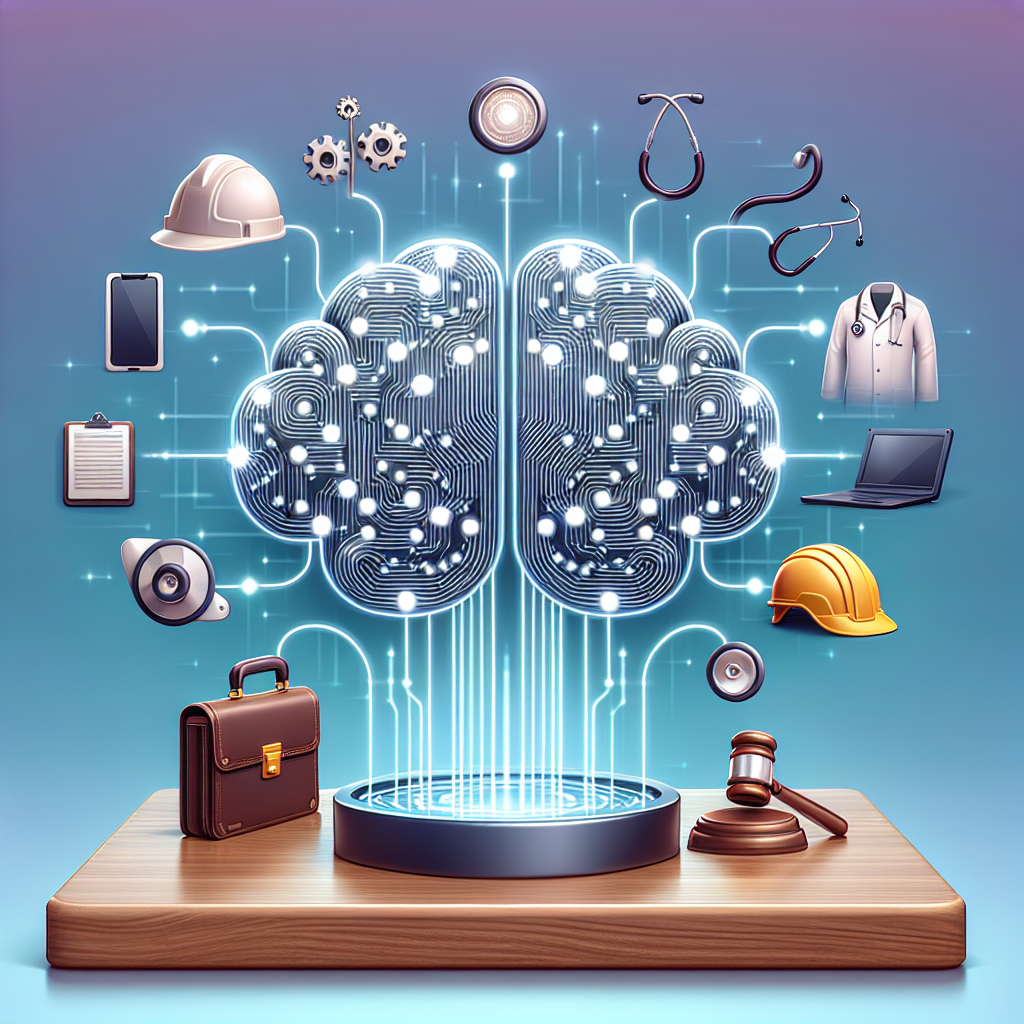Artificial General Intelligence (AGI) is a rapidly advancing field of technology that has the potential to revolutionize the way we work and live. AGI refers to a type of artificial intelligence that is capable of performing any intellectual task that a human can do. This level of intelligence goes beyond the narrow tasks that current AI systems are capable of, such as playing games or recognizing objects in images.
As AGI continues to develop, it is expected to have a profound impact on the future of work. Many jobs that are currently performed by humans could be automated by AGI systems, leading to significant changes in the labor market. In this article, we will explore the potential impact of AGI on the future of work and discuss which jobs are most likely to be affected.
Jobs at Risk from AGI
1. Routine and Repetitive Tasks: Jobs that involve routine and repetitive tasks are most at risk from automation by AGI systems. These jobs typically involve following a set of rules or procedures to complete a task, such as data entry, assembly line work, or customer service. AGI systems could easily be programmed to perform these tasks more efficiently and accurately than humans, leading to job displacement in these sectors.
2. Transportation and Delivery: The transportation and delivery industry is another sector that is likely to be affected by AGI. Self-driving cars and drones are already being developed to automate the process of transporting goods and people, and as AGI systems become more advanced, these technologies are expected to become more widespread. This could lead to job losses for truck drivers, taxi drivers, and delivery workers.
3. Healthcare: The healthcare industry is also likely to be impacted by AGI, particularly in the areas of diagnostics and treatment. AGI systems could be used to analyze medical images, interpret test results, and even perform surgeries with a level of precision that is beyond human capabilities. While this could lead to improved healthcare outcomes, it could also result in job losses for radiologists, pathologists, and other healthcare professionals.
4. Finance: The finance industry is another sector that is at risk from automation by AGI systems. These systems could be used to analyze financial data, predict market trends, and make investment decisions with a level of accuracy that is beyond human capabilities. This could lead to job losses for financial analysts, traders, and other finance professionals.
5. Legal: The legal industry is also likely to be affected by AGI, particularly in the areas of research and document review. AGI systems could be used to analyze legal documents, conduct legal research, and even assist in drafting legal briefs with a level of accuracy that is beyond human capabilities. This could lead to job losses for paralegals, legal researchers, and other legal professionals.
FAQs
Q: Will AGI replace all human jobs?
A: While AGI has the potential to automate many tasks currently performed by humans, it is unlikely to replace all human jobs. There are certain tasks that require human creativity, empathy, and critical thinking skills that are beyond the capabilities of AGI systems.
Q: How can workers prepare for the impact of AGI on the labor market?
A: Workers can prepare for the impact of AGI on the labor market by developing skills that are less likely to be automated by AGI systems, such as creativity, problem-solving, and emotional intelligence. Workers can also consider transitioning to roles that involve tasks that are less likely to be automated, such as healthcare, education, and creative industries.
Q: What policies can governments implement to mitigate the impact of AGI on the labor market?
A: Governments can implement policies such as retraining programs, job placement services, and universal basic income to help workers transition to new roles and industries that are less likely to be automated by AGI systems. Governments can also regulate the use of AGI in certain industries to ensure that workers are not displaced unnecessarily.
In conclusion, AGI has the potential to revolutionize the way we work and live, with many jobs likely to be affected by automation in the coming years. While the impact of AGI on the labor market is uncertain, workers can prepare for the future by developing skills that are less likely to be automated and governments can implement policies to mitigate the impact of automation on the workforce. As AGI continues to develop, it will be important for society to adapt to these changes and ensure that the benefits of this technology are shared equitably.

